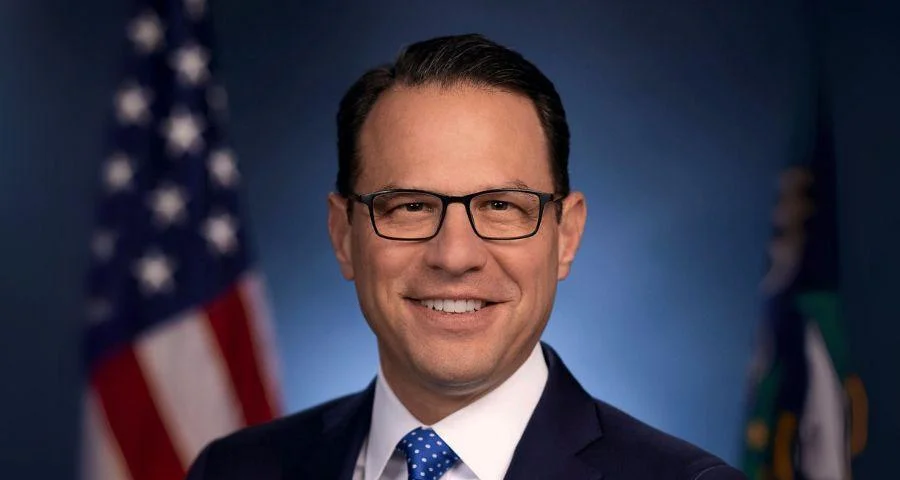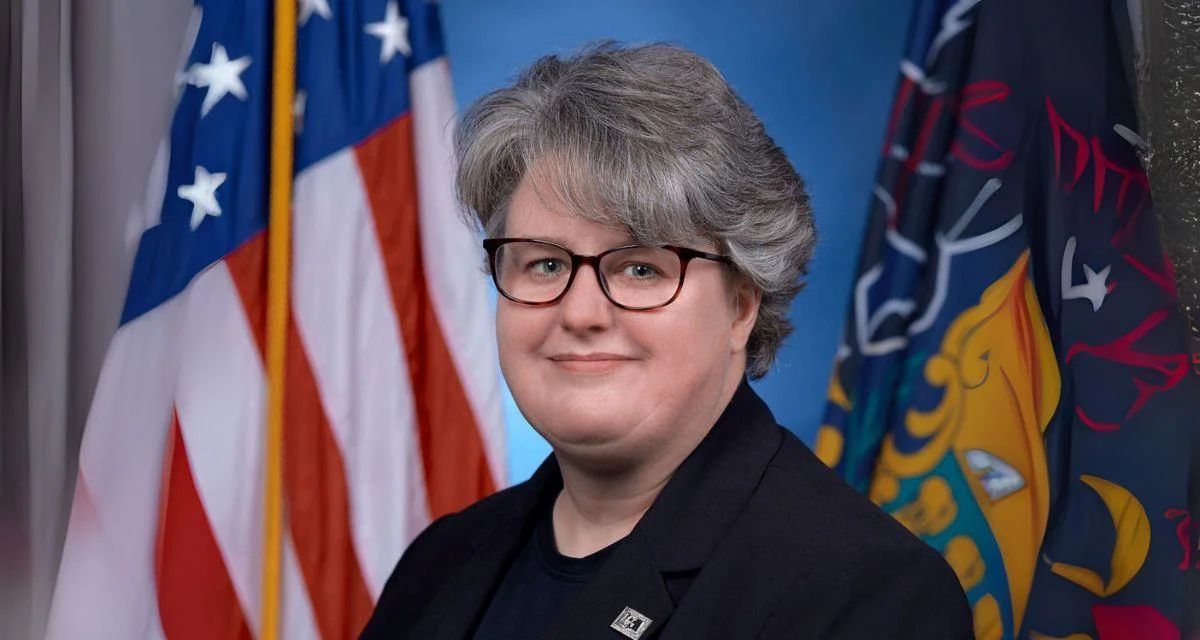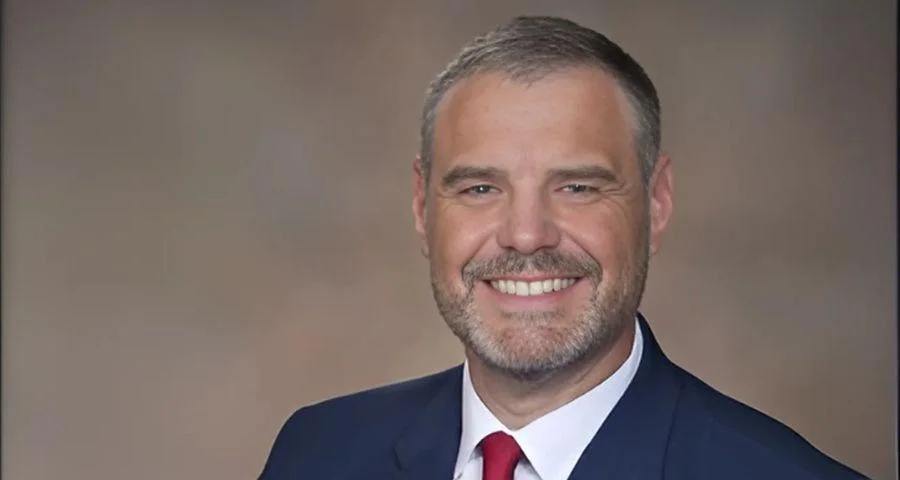
Tera Collum, founder and CEO of The Travis Institute of Educational Policy, says communication with teachers and parental support is a must for students enrolled in virtual learning. | File Photo
Remote learning is failing millions of Texas students and a solution being utilized by some schools isn’t the answer, according to Tera Collum, founder and CEO of The Travis Institute of Educational Policy.
While students struggle to adapt to studying from home, some schools are easing their standards and granting students passing grades even if undeserved.
Austin ISD Gorzycki Middle School Principal Cathryn Mitchell emailed staff in October, saying extraordinary challenges exist this year due to the COVID-19 pandemic, according to a report in The Texas Tribune.

Tera Collum
| The Travis Institute of Educational Policy
Mitchell said with students distressed about the public health crisis and facing problems with access to technology and schools reopening, staff members should consider “all measures to assist the student before failing them,” including offering one-on-one teaching and working with parents.
However, if that fails to address, the issue, the principal said “we would ask that you gift the student with a 70.”
Under the No Pass, No Play rule instituted in the 1980s, students must maintain a score of 70 or above in all classes or they cannot take part in sports or other extracurricular activities.
Collum told Education Daily Wire that handing out undeserved grades is a poor idea that will lead to further complications.
“It is very difficult to get students to work after they learn that others did nothing and got a passing grade,” she said. “It will start to trickle up to the students with better grades. They will stop working as hard for grades. The grades quickly do not accurately show the actual student mastery of an objective.”
It also will lead to difficulty maintaining classroom discipline, Collum said.
“It takes all of the power away from the teacher. Warnings from teachers about potential failures will carry no weight with students,” she said. “Students will learn quickly exactly how much work is required to just get by on grades and will not work any further.”
Dr. Bob Sanborn, president and CEO of Children At Risk, told KPRC-TV in Houston that students in the earliest grades are particularly vulnerable. Children in pre-K classes, kindergarten, first, second and third grade need close attention and special assistance, Sanborn said.
“For those kids, once you fall behind, it’s much more difficult to get up to speed. So we are going to have to figure out, what are we going to do in those early grades,” he said.
Virtual education has been a struggle since launched in the spring.
According to a Texas Education Agency report released on June 30, 11.3% of Texas public schools students – 600,000 kids – did not complete assignments or failed to respond to teachers' efforts to reach out to them after schools closed in the spring.
The numbers were even worse for Black, Hispanic and lower-income students. The data was collected in May.
Collum said educators must form alliances with parents.
“Communication is the key and also parental support is a must,” she said. “Teachers must keep in contact with parents and let them know that students are not doing the work. Sadly, parents will listen to their children when they tell them that they already did the work but didn't then they do not back the teachers in some cases.
“This leads to more work on the part of the teachers that could’ve been avoided if students had done the work in the first place,” Collum said. “In these crazy times, it must be a partnership between parents and teachers. Also, teachers must show some compassion for those students that are dealing with a variety of issues at home. Knowing your students and being vested in their success is key.”
In addition to serving as an education policy analyst. Collum taught at North Side High School in Fort Worth from August 2005 to August 2018 before founding the institute.





 Alerts Sign-up
Alerts Sign-up